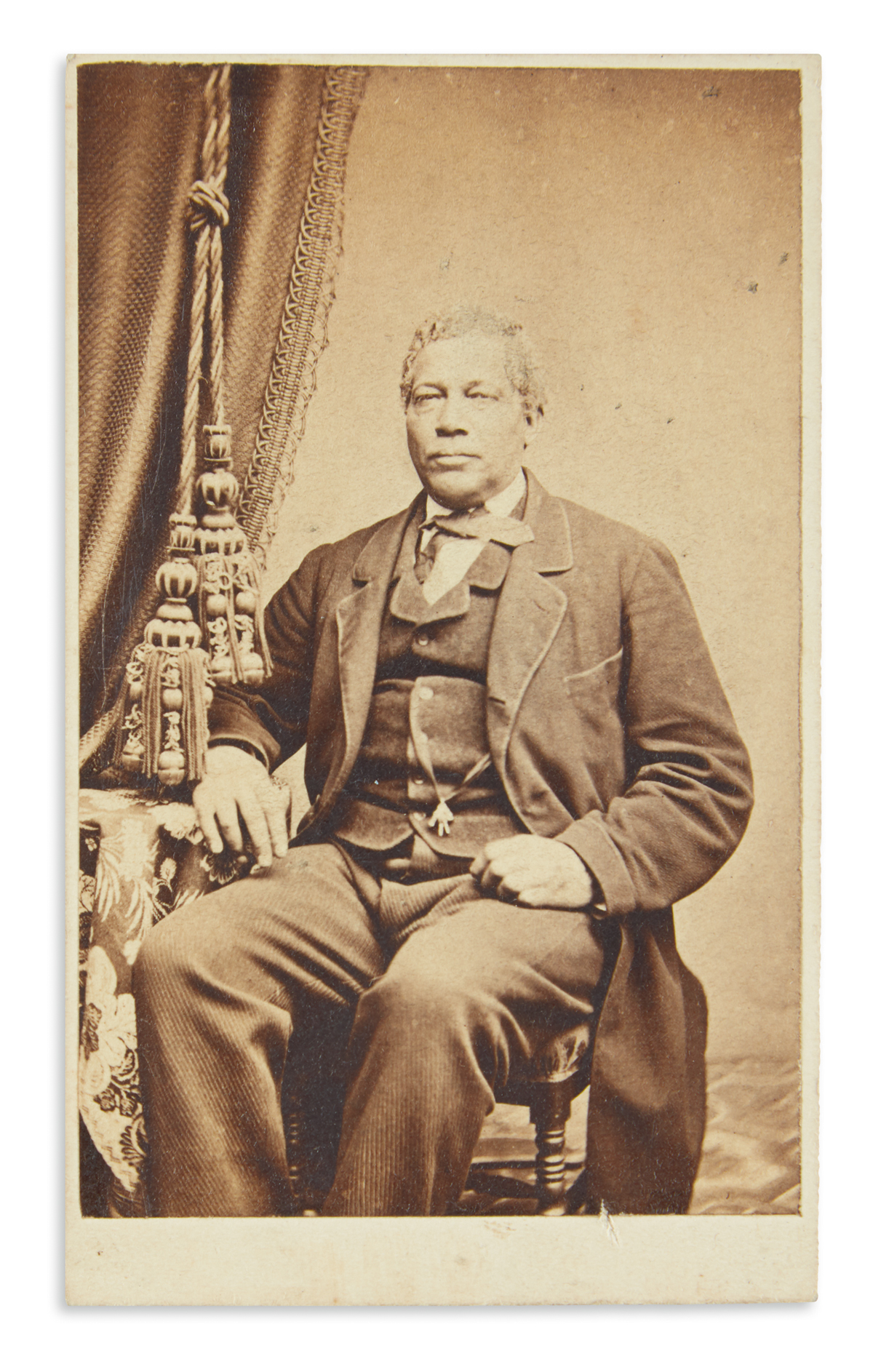
Blog
Black History Month: Caterers of the 1800s

Black History Month affords us an amazing reminder each year to learn about and celebrate a heritage that could otherwise be lost to time. Each year in February, I find myself examining a beautiful tapestry that I have no threads within, but one with which I, and all Americans, should indisputably be familiar. When JP asked me, this year, to write about the successes of blacks in catering, I was excited to delve right into research. What I have read in the last week has truly left me inspired, and there is far too much to share in just one post, but I think a fantastic place to start is just prior to the Emancipation Proclamation.
It is possibly not widely known that African Americans have a deep and substantial history in the hospitality industry, but it should be. While free blacks often earned a living as private stewards or cooks, many sought more entrepreneurial careers. Shopkeeping and innkeeping opened opportunities for blacks to establish an early foothold in catering and what is known today as event planning across the northeast.
In the mid-1800’s, black caterers Thomas Dorsey, Henry Jones, and Henry Minton established a catering monopoly in Philadelphia, an obvious economic achievement. Dorsey, in particular, led a quite spectacular rise to prominence. Born into slavery in 1812, he was fettered through his early adulthood by a Maryland planter. He managed to escape from bondage in his early twenties and fled to Pennsylvania which was a free state. Although Dorsey was uneducated, his naturally refined instincts and amiable character impressed all who had the privilege of meeting him. He quickly found himself with several valuable friends. After he was recaptured and returned to the plantation in Maryland, these friends raised funds to purchase his freedom and bring him back to the city where he was loved.
During the tense years that followed, Dorsey’s ability to navigate the repression of free blacks from the industrial jobs available at that time and the growing racial conflict afforded him success in the catering industry. As much of the African American community were blocked from other types of employ, free blacks found themselves in a type of mandatory entrepreneurship that widely centered on foodservice and catering. With impeccable manners and a taste for unusual flavor pairings, plus the self-reliance to demand prosperity, Dorsey and his fellows circumnavigated the closed doors that society put in their path, establishing a foothold in the upscale catering market in Philadelphia and beyond. Jones, Dorsey, and Minton became household names through much of this era and were known to command as much as $50 a plate. They all owned profitable restaurants as well.
The bright and vivid start to the great production of events where food was the centerpiece, and the cooks and wait staff were cunning, elegant, and black began even earlier. Many of those noted as the influencers to the industry trained under a man who was a true mentor of hospitality, Peter Augustin. In 1818, the Haitian refugee purchased the already successful business of Robert Bogle, the first person of African descent to cater to Philadelphia’s white elite, and elevated it even further. By providing china, tablecloths, tables, chairs, and other event accouterments for rent to his clients, he became one of the first event rental moguls in the US.
While Philadelphia was the unofficial center for blacks in catering, the movement surged up and down the eastern coast of the US. With the talent and skill to cook for large numbers, manage costs through training staff to handle many different jobs, and the instilled etiquette needed to handle any and all clientele, black caterers were influential in many American cities after the civil war. In my next post, I will touch on the southern element and how strong, black women became the backbone of the catering industry in the late 1800s.
Please make sure you sign up with your email to receive our posts in the future.
References:
https://www.encyclopedia.com/african-american-focus/news-wires-white-papers-and-books/dorsey-thomas-j
https://sites.google.com/site/basildorsey/thomasdorsey
https://restaurant-ingthroughhistory.com/tag/black-caterers
High on the Hog by Jessica B Harris, pgs. 116-117
The Philadelphia Negro: A Social Study by W. E. B. Du Bois

